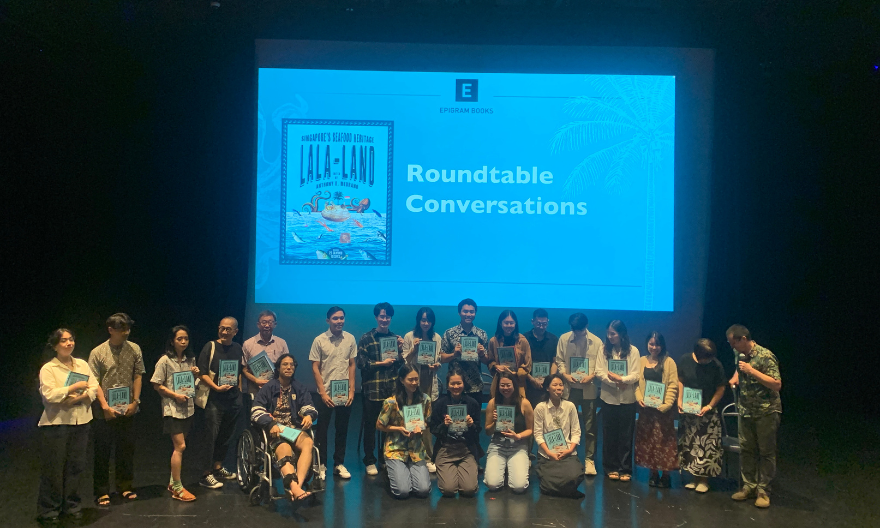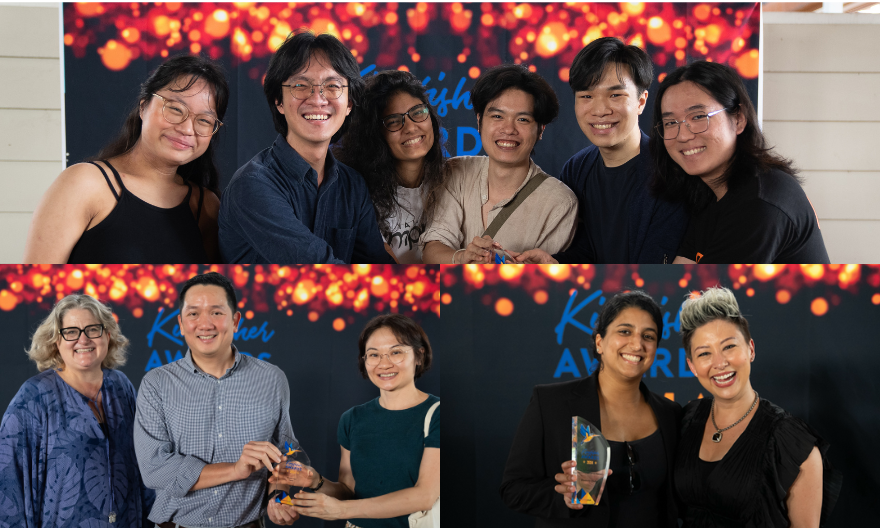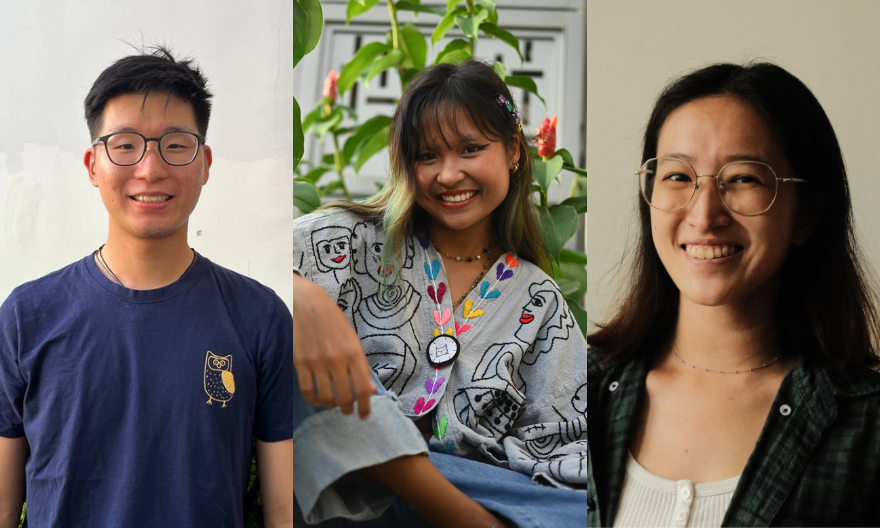Examining Russia’s impact on Asia in the mid-nineteenth century
Yale Professor Edyta M. Bojanowska examines the impact of Russian travellers’ journeys in Asia during the mid-nineteenth century
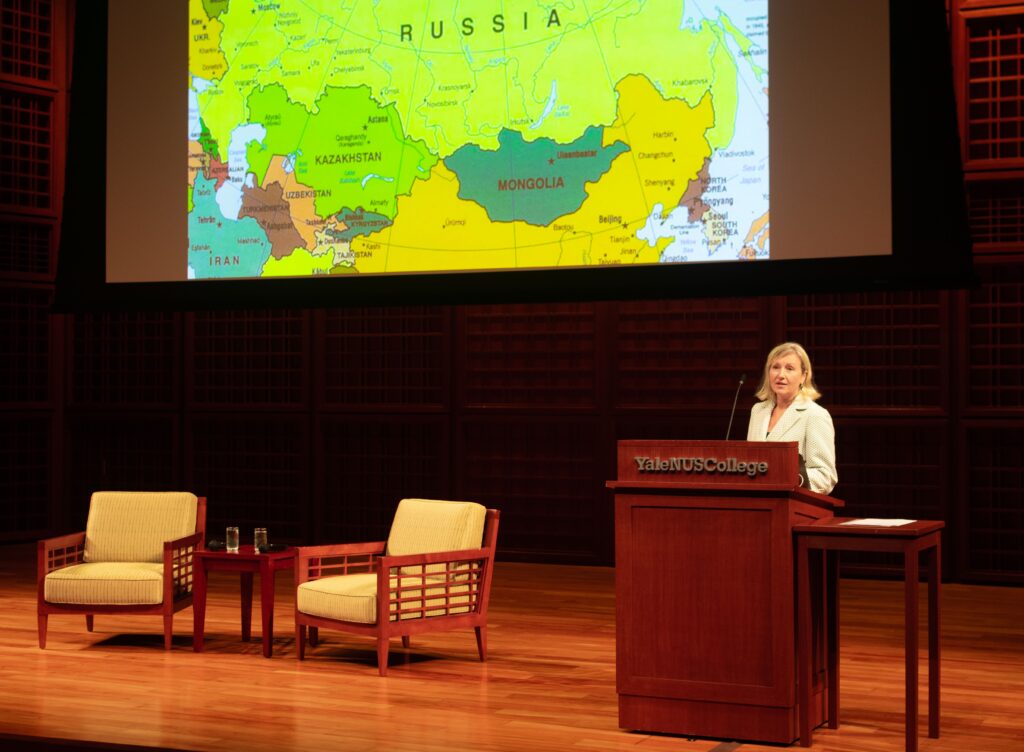
On 23 October 2023, Professor Edyta M. Bojanowska from Yale University delivered a lecture on the expeditions of Russian travellers in Asia in the mid-nineteenth century, sharing about their intricate interactions with Asian natives and other European expeditioners, and their influence on geopolitical developments in Asia. Professor Bojanowska, who is Professor and Chair of the Department of Slavic Languages and Literatures and also Chair of the European Studies Council of the MacMillian Centre at Yale University, highlighted how studying the experiences of Russian travellers in the mid-nineteenth century in Asian countries can enable us to recalibrate our conception of European imperialism in Asia.
The lecture began with an introduction of the guest speaker by Associate Professor of Art History, Russian and Slavic Studies Maria Taroutina, who is also the Head of Studies for the Arts and Humanities Major at Yale-NUS College.
Professor Bojanowska then went on to describe the Russian empire in the nineteenth century and their expeditions to Singapore and other parts of Asia that were intended to compete with other European imperial powers and the Americans. In her words, “The Russians paid close attention to the activities and discourses of their imperial rivals and were eager to up their game on their global colonial stage.”
As the Russian expeditions reached the shores of Asian ports, their multi-faceted influence on the geopolitics of Asia cannot be denied. Citing the influence of Russian Admiral Yevfimiy Putyatin who led the Pallada expedition to Nagasaki in 1854 as an example, Professor Bojanowska underlined the often-overlooked role of the Russians in connecting the formerly isolated Japan with the rest of the world. Specifically, Putyatin played a pivotal role in shaping the Treaty of Shimoda in 1855 such that even the Japanese would consider themselves to be “opened by the Russians”.
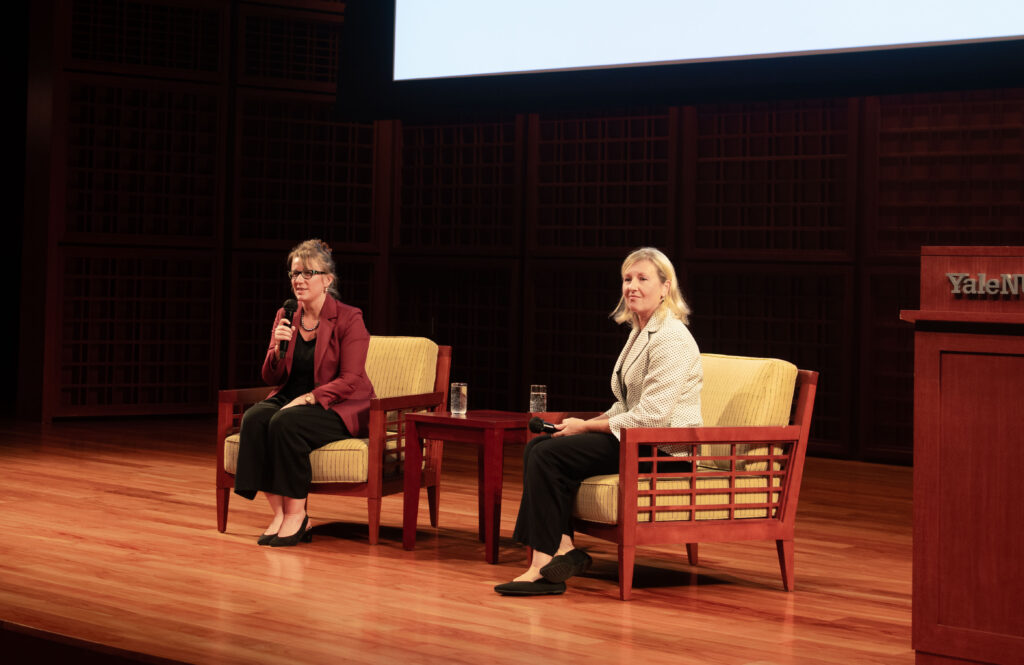
As part of the event, the College also organised a gathering for students and alumni from small liberal arts colleges, including Yale-NUS College in Singapore, as well as Amherst College, Smith College, and Swarthmore College in the United States. Approximately sixty attendees enthusiastically exchanged stories and insights about their liberal arts journeys.
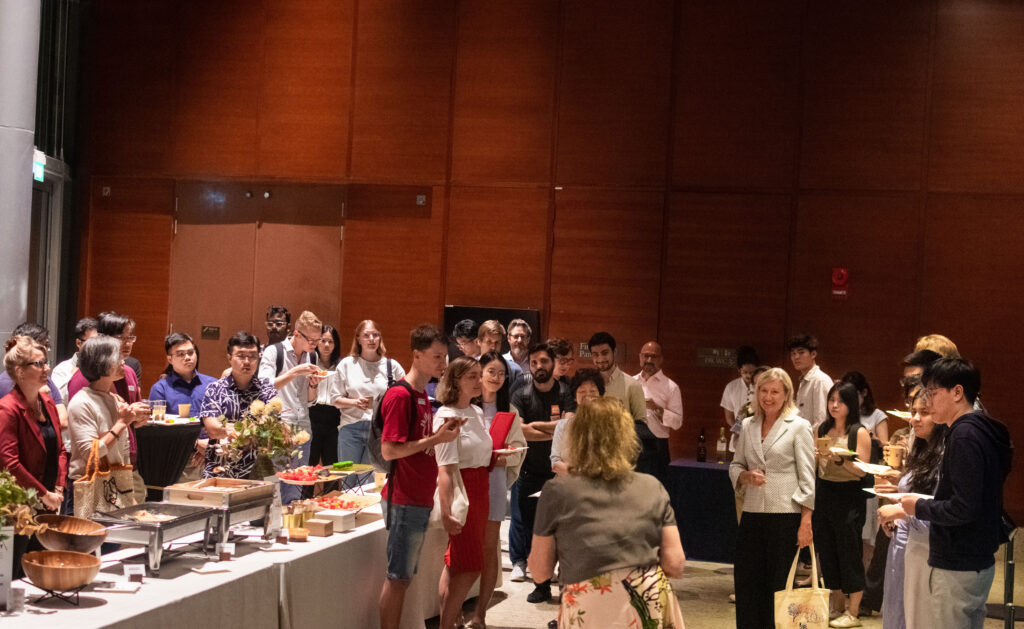
The lecture was attended by participants from the Yale-NUS community as well as members of the public. One attendee was Yale-NUS College alumnus Benjamin Goh (Class of 2022) who studied history as an undergraduate. Benjamin, whose long-standing interest in the study of history motivated him to pursue a Master of Philosophy in World History at the University of Cambridge in United Kingdom, appreciated how the lecture expounded the Russia’s historical maritime ambitions in Singapore and other parts of Asia.
“Prior to this lecture, I conceived of the Russian Empire as a land-based empire that focused on expanding westwards and eastwards, and not as an empire with maritime ambitions. Seeing how Singapore was part of a global Russian imaginary of a new world order appealed to me and my research interests,” he added.
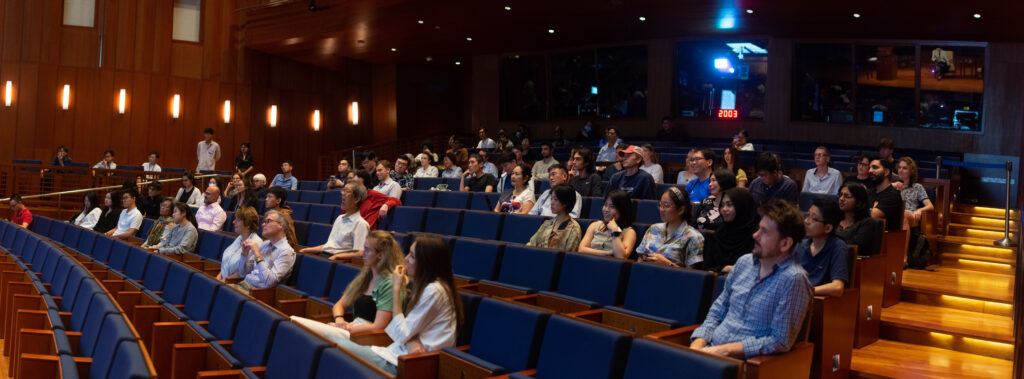
Denyse Tan (Class of 2024), found the anecdotes of the Russian officials particularly intriguing, “The anecdotes shed light on personal stories and experiences of Russian officials, adding a different dimension to historical narratives that official accounts typically exclude.”
Associate Professor of Science (Life Sciences) and Rector Khoo Hoon Eng also found the talk interesting, “I was impressed that the Russian navy had the foresight to take a writer, Ivan Goncharov, on the Pallada expedition to Africa, Japan, and many places in Southeast Asia. I also found his description of the very cheap price of a pineapple in a Singapore market amusing!”
Associate Professor Khoo added, “I always learn something new and fascinating, usually completely outside my own area of expertise. I am grateful that Yale-NUS College continues to organise such talks as it is an important role for a liberal arts college.”

